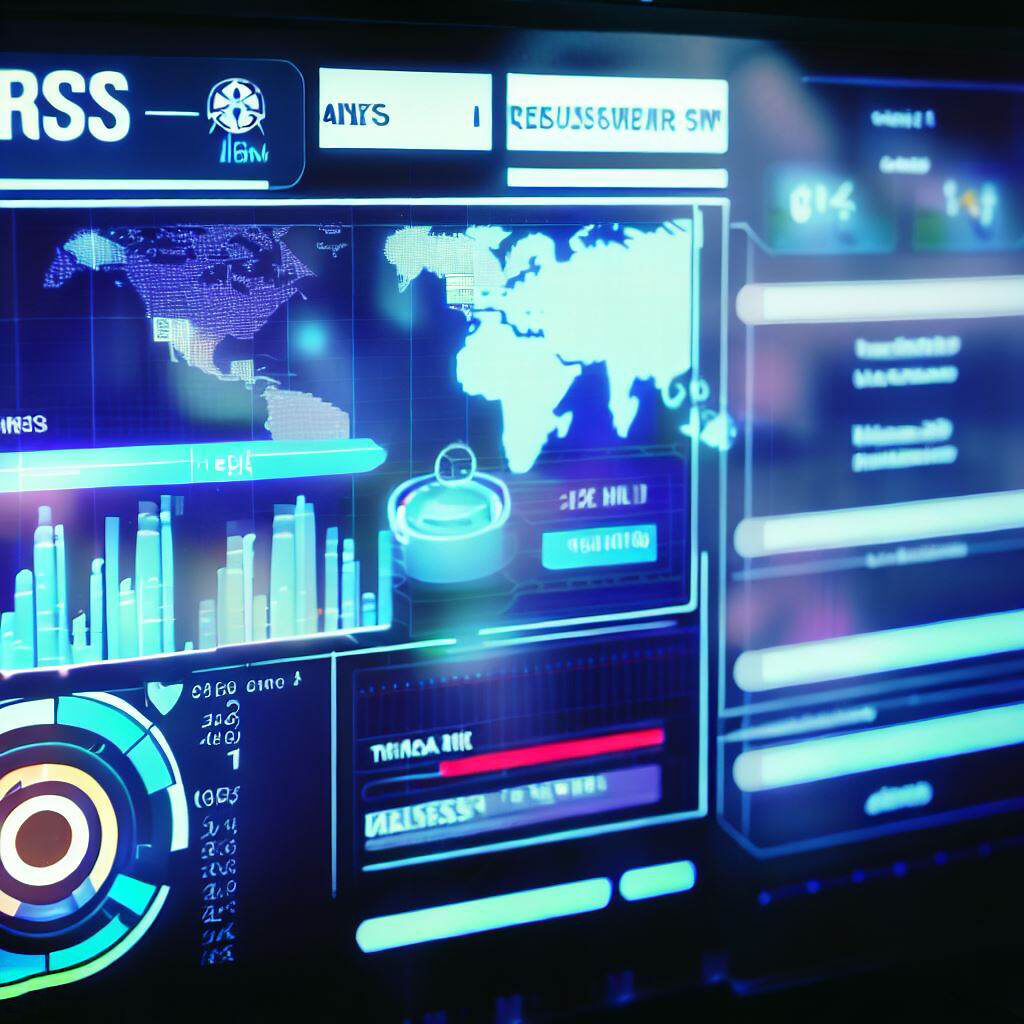In the dynamic world of international trade, efficient shipping and logistics play a pivotal role in the success of import operations. When it comes to importing resin crafts from China, purchasers, wholesalers, distributors, and retailers face unique challenges specific to the nature of the product. This comprehensive guide aims to provide valuable insights and practical advice to help you navigate the complexities of shipping and logistics with confidence. By implementing these strategies, you can streamline your import process, ensure timely deliveries, and build a strong and reliable supply chain.
1: Understanding the Import Process
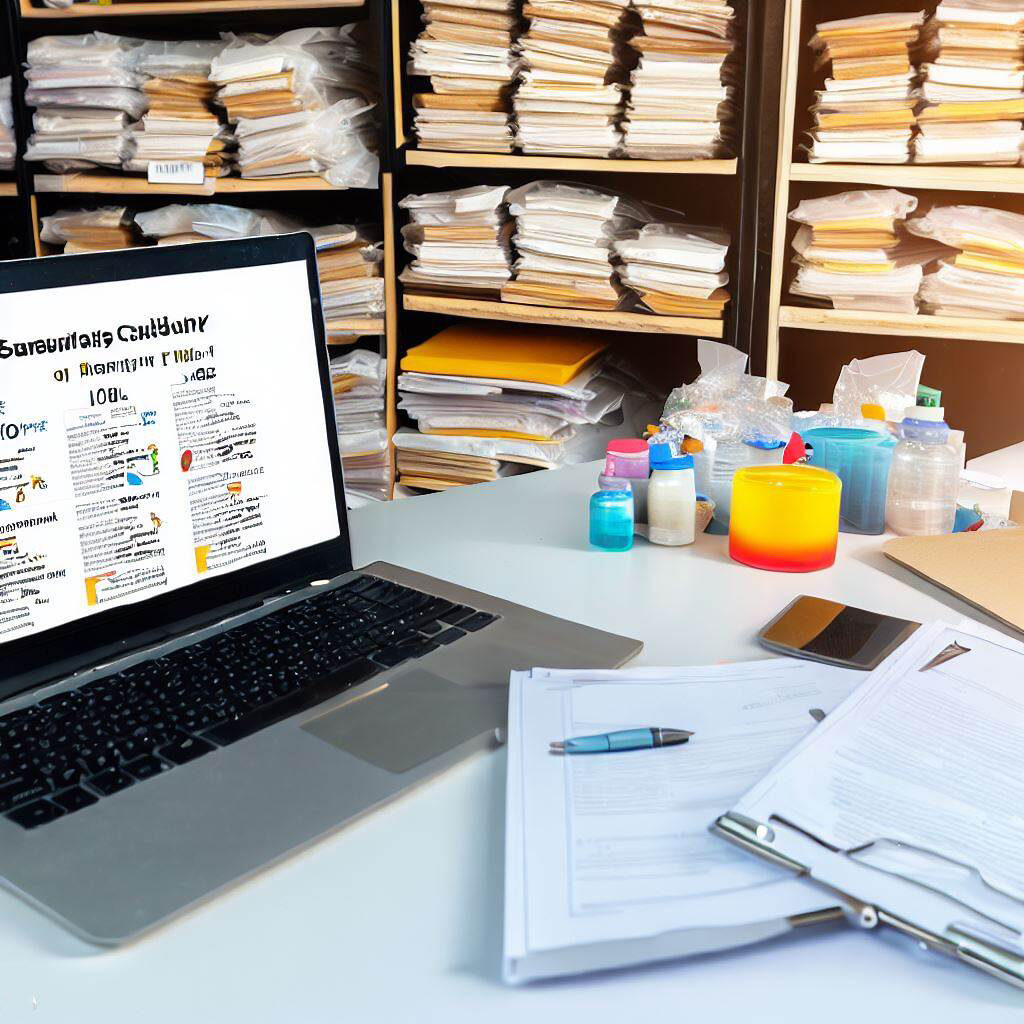
Before delving into the intricacies of shipping and logistics, it’s crucial to grasp the fundamentals of the import process. Researching and selecting reliable suppliers in China is the first step toward ensuring a smooth import experience. Thoroughly vetting suppliers for their track record, reputation, and compliance with industry standards is essential. Additionally, assessing product quality and ensuring compliance with regulations specific to resin crafts will help you avoid potential pitfalls.
Negotiating favorable terms, contracts, and pricing is another critical aspect of the import process. This involves effective communication, understanding market dynamics, and leveraging your purchasing power. Furthermore, planning and managing your import timeline with clear milestones and deadlines will help you stay organized and ensure a seamless flow of goods.
2: Shipping Options for Importing Resin Crafts
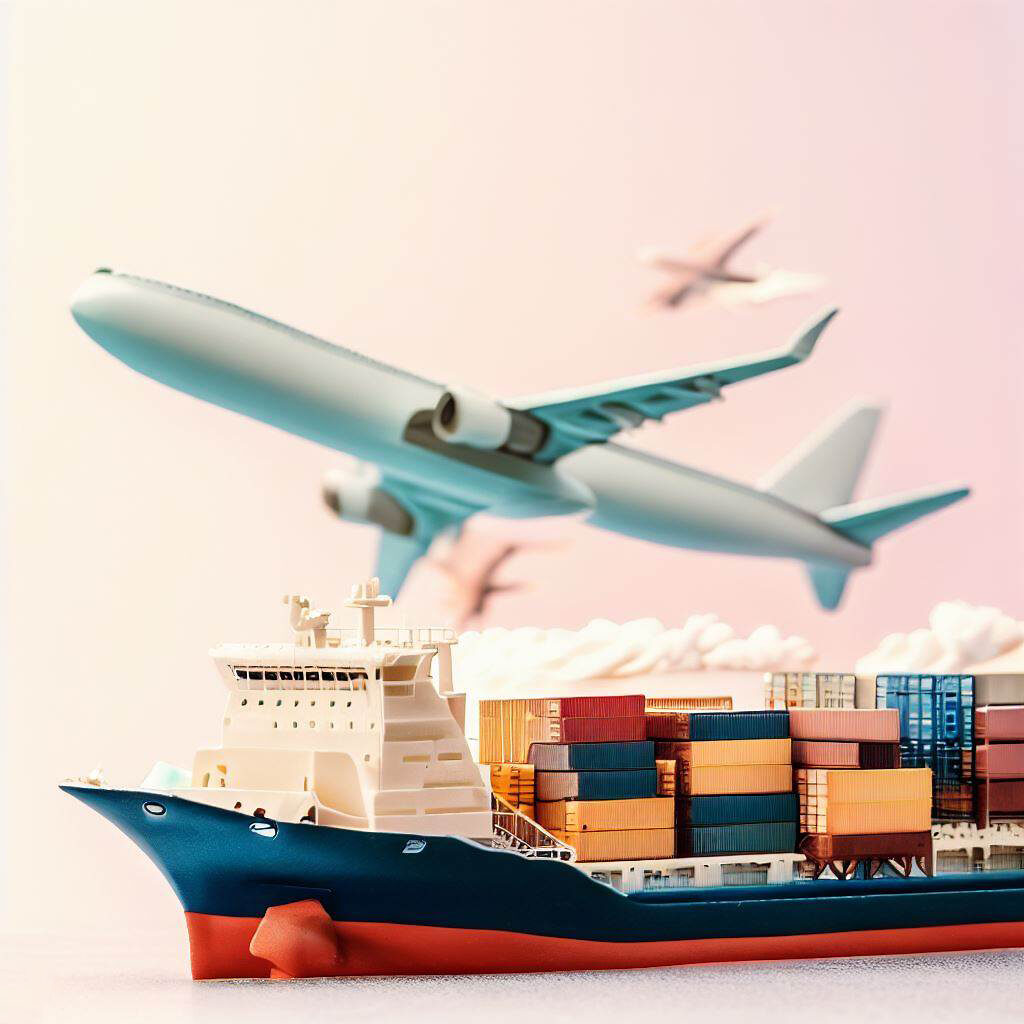
Choosing the right shipping method is crucial to optimize cost-effectiveness and meet your delivery requirements. Air freight and sea freight are the two primary options to consider. Air freight offers shorter transit times, making it ideal for time-sensitive shipments, while sea freight provides cost advantages for larger volumes. Evaluating the specific needs of your resin crafts, such as fragility and shelf life, will help determine the most suitable shipping method.
When evaluating transit times and costs, it’s essential to consider factors such as the origin and destination, carrier reliability, and any seasonal fluctuations in shipping schedules. Additionally, exploring consolidated shipping options, where multiple shipments are combined into a single container, and full container load (FCL) options can provide further cost savings and flexibility.
3: Managing Customs and Regulatory Compliance
Navigating customs and regulatory requirements is a critical aspect of the import process. Understanding import duties, taxes, and tariffs is essential to accurately calculate the total cost of your imported resin crafts. Collaborating with customs brokers and freight forwarders experienced in handling imports from China can simplify this process and ensure compliance with local regulations.
Handling customs documentation and requirements diligently is vital to avoid delays and penalties. This includes preparing documents such as the Bill of Lading, Commercial Invoice, Packing List, and any additional certificates or permits required for resin crafts. Working closely with your logistics partners and staying updated on changes in regulations will help you navigate this complex landscape effectively.
4: Packaging, Labeling, and Documentation
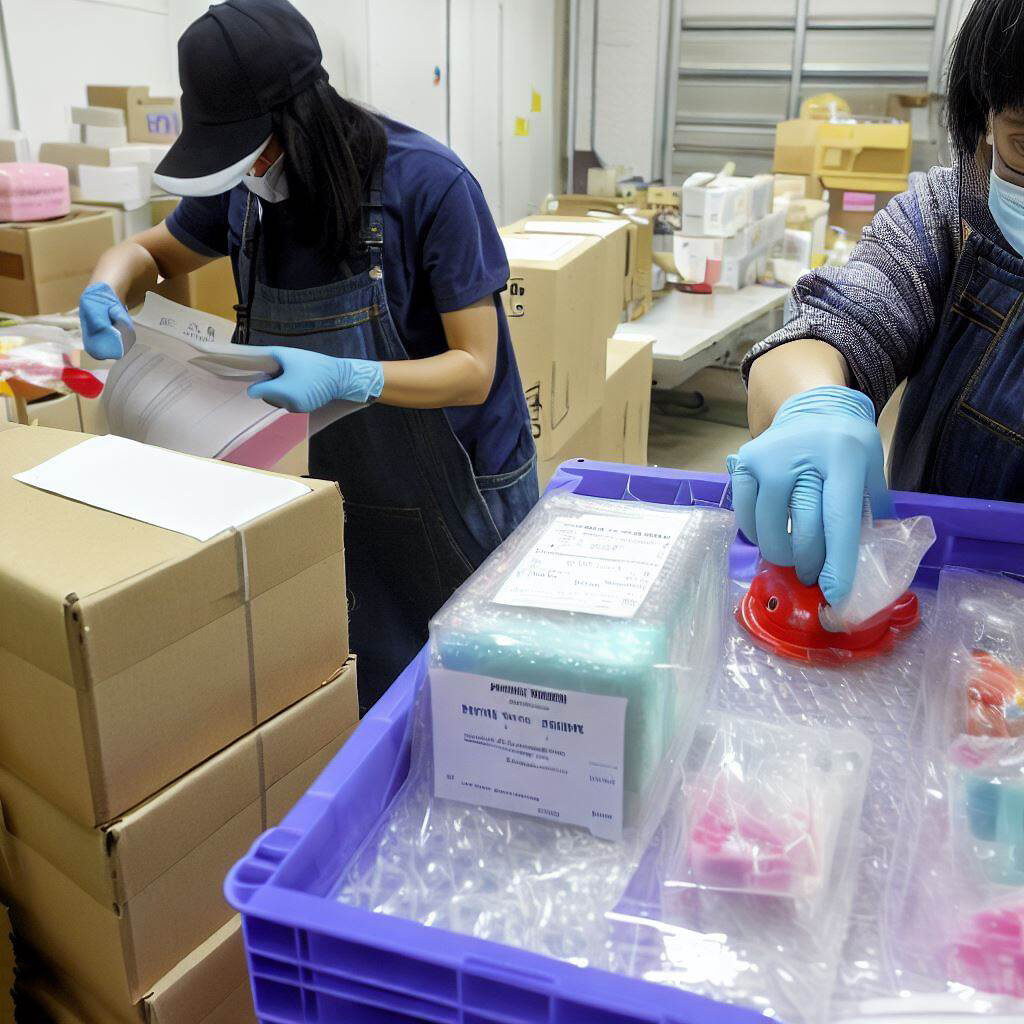
Proper packaging, labeling, and documentation are critical elements for successful customs clearance and efficient logistics. Resin crafts require careful packaging to protect them from damage during transit. Consider factors such as cushioning materials, shock absorption, and waterproofing to safeguard the integrity of your products.
Accurate and compliant labeling is essential to meet legal requirements and facilitate smooth customs procedures. This includes providing clear product descriptions, country of origin, and any necessary safety or warning labels. Additionally, maintaining a comprehensive documentation checklist, including all relevant shipping and customs documents, ensures transparency and facilitates efficient record-keeping.
5: Freight Forwarding and Logistics Providers
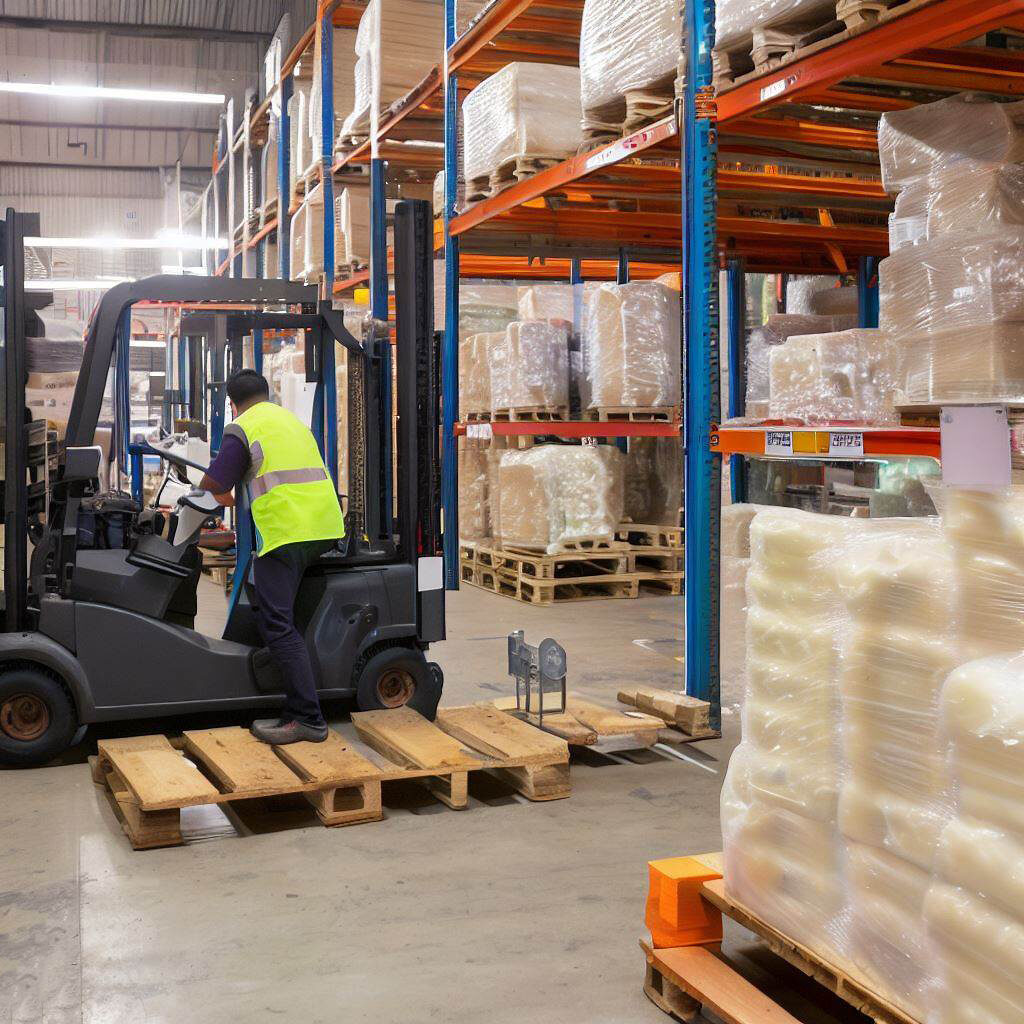
Partnering with reliable freight forwarders and logistics providers is instrumental in optimizing your shipping and logistics operations. These professionals have the expertise to handle the complexities of international shipping, including customs clearance, warehousing, and last-mile delivery. When selecting a provider, consider their experience in handling resin crafts shipments, their network, and their ability to offer competitive rates and flexible service contracts.
Collaborating closely with your logistics partners fosters effective communication and ensures a smooth flow of information throughout the supply chain. This includes providing accurate shipment details, being proactive in resolving any issues, and maintaining regular updates on the status of your shipments.
6: Tracking and Monitoring Shipments
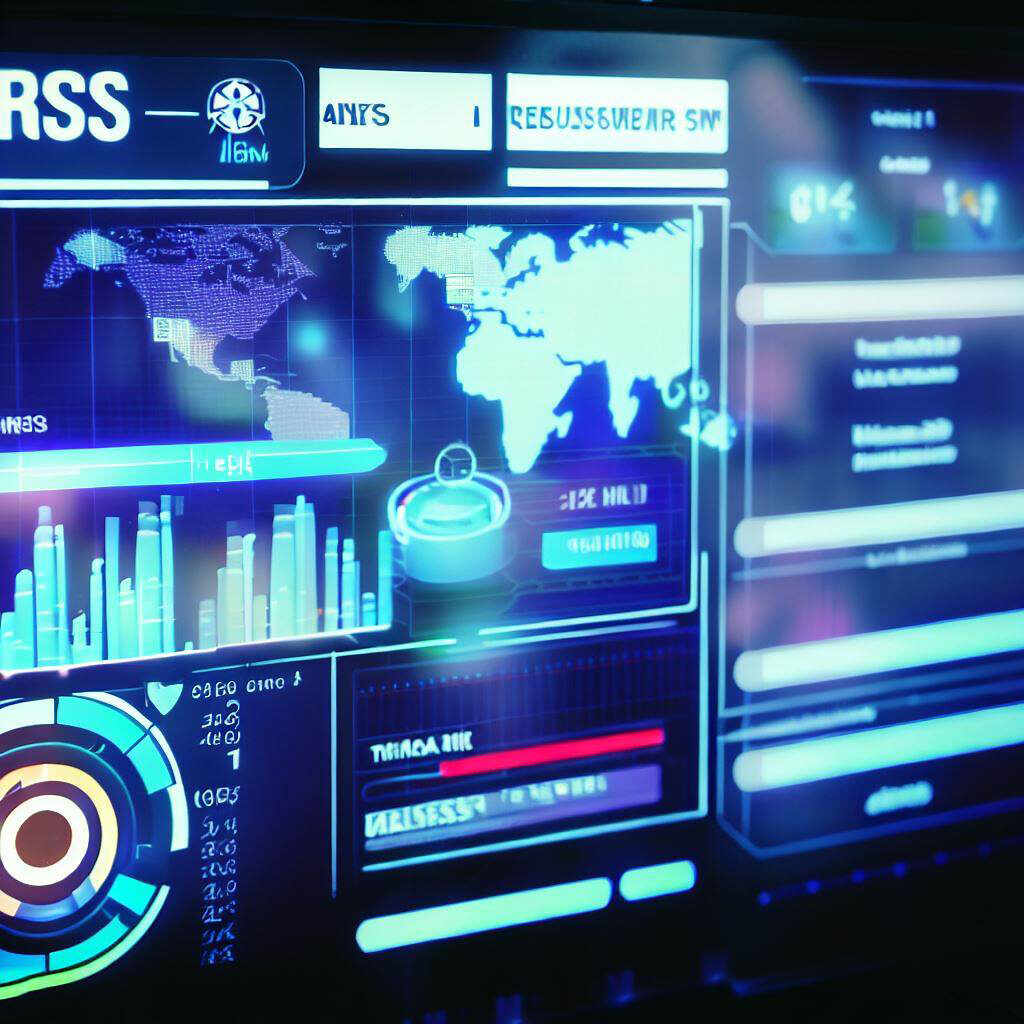
Maintaining visibility and real-time tracking of your shipments is crucial for proactive management. Utilizing technology and software solutions enables you to monitor the progress of your resin crafts at various stages of the shipping process. This allows you to anticipate any delays, identify potential bottlenecks, and take proactive measures to mitigate risks.
In the event of disruptions or delays, effective communication with your logistics partners and suppliers is key. Promptly addressing issues and finding alternative solutions, such as rerouting shipments or expediting customs clearance, can help minimize the impact on your business.
7: Managing Risks and Insurance
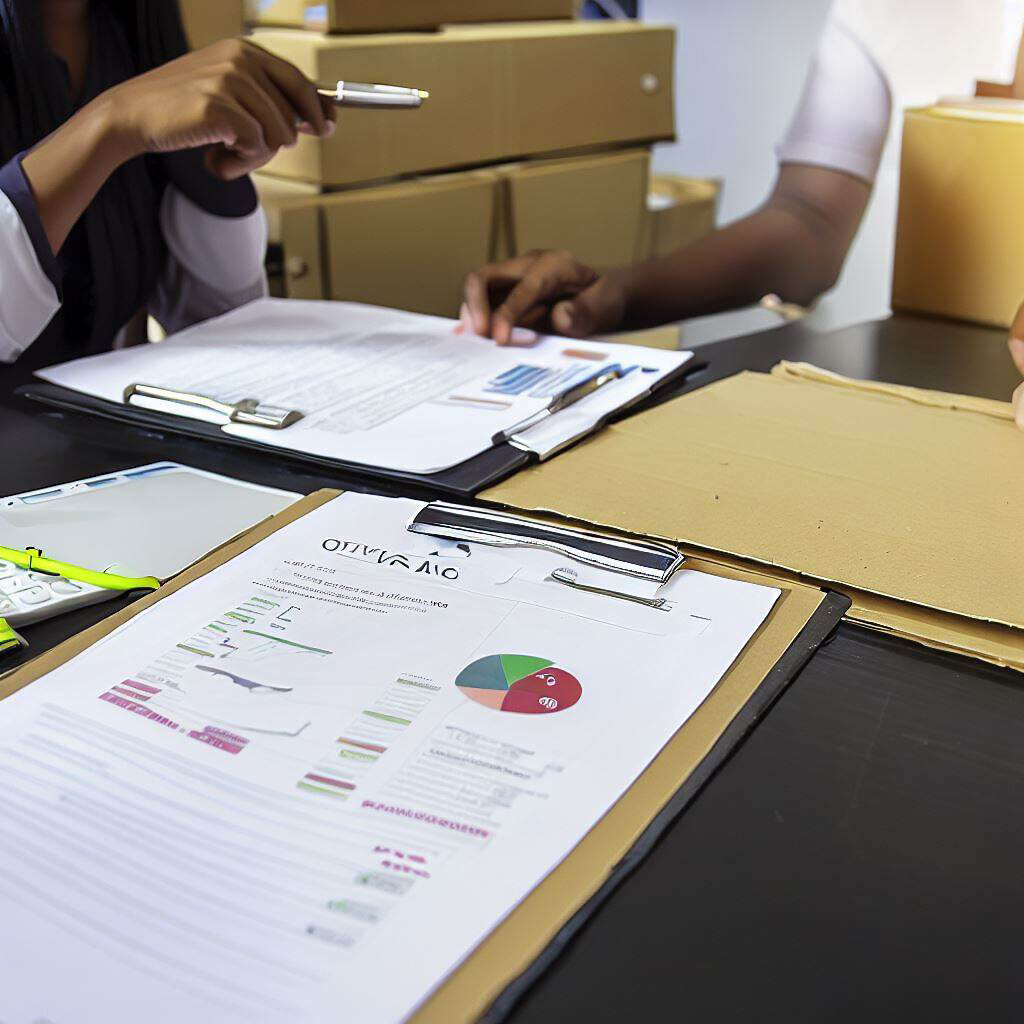
In addition to insurance, there are proactive steps you can take to minimize risks. Proper packaging is crucial to protect your resin crafts from damage during transit. Ensure that your products are securely packed with suitable cushioning materials and consider any specific handling requirements. Thoroughly documenting the condition of the goods before shipment can provide evidence in case of any claims.
Maintaining transparent communication and a strong relationship with your suppliers and logistics partners is also essential. Regular performance evaluations and constructive feedback can help identify and address any potential issues early on. Conducting due diligence on suppliers and understanding their production processes and quality control measures can further mitigate risks.
8: Building Strong Supplier Relationships

Establishing and nurturing strong relationships with your suppliers in China is vital for a smooth and reliable supply chain. Effective communication is the cornerstone of successful partnerships. Clearly articulate your requirements, expectations, and any specific quality standards you need your resin crafts to meet. Regularly engage with your suppliers to maintain open lines of communication and address any concerns promptly.
Transparency is crucial in building trust with your suppliers. Encourage them to share information about their manufacturing processes, quality control measures, and any certifications they possess. This will help ensure that your resin crafts are produced to the desired specifications and comply with relevant regulations.
Regular performance evaluations of your suppliers allow you to assess their reliability, consistency, and responsiveness. Provide feedback on areas of improvement and recognize their achievements to foster a mutually beneficial relationship. By collaborating closely with your suppliers, you can work together to overcome challenges, streamline operations, and achieve long-term success.
Conclusion:
In this comprehensive guide, we have explored the intricate world of shipping and logistics when importing resin crafts from China. By understanding the import process, choosing the right shipping options, managing customs and regulatory compliance, optimizing packaging and documentation, partnering with reliable freight forwarders and logistics providers, tracking and monitoring shipments, managing risks and insurance, and building strong supplier relationships, you can navigate the complexities of importing resin crafts with confidence.
Remember, successful shipping and logistics operations require thorough planning, diligent research, and effective collaboration. By implementing the strategies and insights provided in this guide, you can streamline your import process, minimize risks, and establish a robust supply chain. Embrace the knowledge gained and take action today to propel your business forward in the global marketplace.
